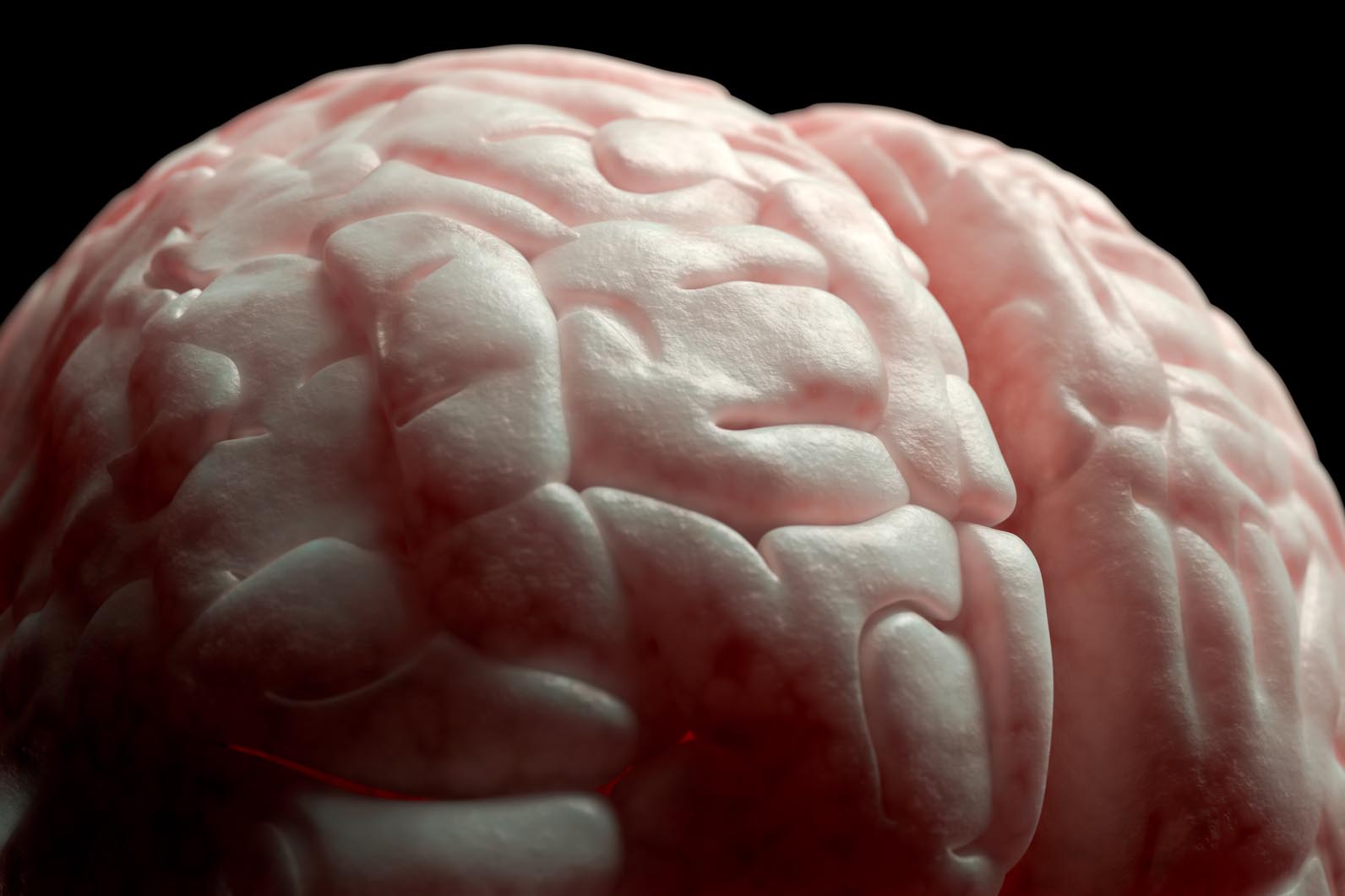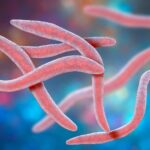• An overall look
• Probiotics vs diet
What is already known on this topic
Animal studies have shown that mice grown in the absence of microbes have anxiety-related behaviors, which could be eased by regulating gut microbes. But it’s unclear whether changing the gut microbiota composition reduces anxiety symptoms in people.What this research adds
By looking at 21 existing studies involving more than 1500 people, researchers have found that anxiety symptoms could be improved by regulating the gut microbiota using either probiotic or non-probiotic food and supplements.Conclusions
Although more research is needed to assess whether altering gut bacteria can improve anxiety, regulating the gut microbiota could be a useful approach in the clinical treatment of anxiety disorder.
Changing the make-up of the gut microbiota may help to ease anxiety, according to researchers who looked at several existing studies that tried to regulate intestinal bacteria.
The study, published in General Psychiatry, supports the idea that the composition of our gut microbiota could affect our mental health, including the development of anxiety.
Anxiety disorder is a condition that has anxiety symptoms as the main clinical manifestation and affects up to 25% of people worldwide.
Animal studies have shown that mice grown in the absence of microbes have anxiety-related behaviors, which could be eased by regulating gut microbes. But it’s unclear whether changing the gut microbiota composition reduces anxiety symptoms in people.
So a team of researchers led by Beibei Yang at the Shanghai Jiao Tong University School of Medicine decided to review 21 existing studies, involving more than 1500 people, whose objective was changing the microbiota composition in a person’s gut in such a way that it would improve anxiety symptoms.
An overall look
Of the 21 studies analyzed, 14 looked at the effects of probiotics – living organisms found naturally in some foods, while the remaining 7 looked at approaches that didn’t involve probiotics such as changing a person’s diet.
The team found that 11 of the 21 studies (52%) showed positive changes on anxiety symptoms through the regulation of the gut microbiota. Only 4 studies reported mild adverse effects such as dry mouth and diarrhea, and none reported serious adverse events.
Probiotics vs diet
Of the studies where participants took probiotics, 36% showed improvements in their anxiety symptoms, while 86% of the studies not involving probiotics were effective. What’s more, only the studies that used the diet approach together with anxiety medications showed improvements in anxiety symptoms.
One reason why dietary changes may have a more profound effect on gut microbes compared to probiotics is that food provides diverse energy sources for the gut bacteria, so changing the diet can regulate bacterial populations, the scientists say.
However, they add, more research is needed to assess whether altering the intestinal flora can improve anxiety. Indeed, each study analyzed used different types of probiotics and had different assessments for anxiety. Another limitation is the length of the studies, which all happened over only a couple of months.
In the future, regulating the gut microbiota could be a useful approach in the clinical treatment of anxiety disorder, the scientists say.











